Linking training with regional development needs
With the orientation of becoming the leading training and research center in the region, Ho Chi Minh City National University (VNU-HCM) has continuously expanded its cooperative relations with provinces and cities. During 30 years of establishment and development, VNU-HCM has signed a series of memorandums of understanding and strategic cooperation agreements with more than 31 localities and 200 enterprises nationwide; thereby, contributing to improving the quality of education and making positive contributions to the socio -economic development of the Southern region and the whole country.
Many research results and application equipment have been transferred to localities, highly appreciated by the government and well received by the people.
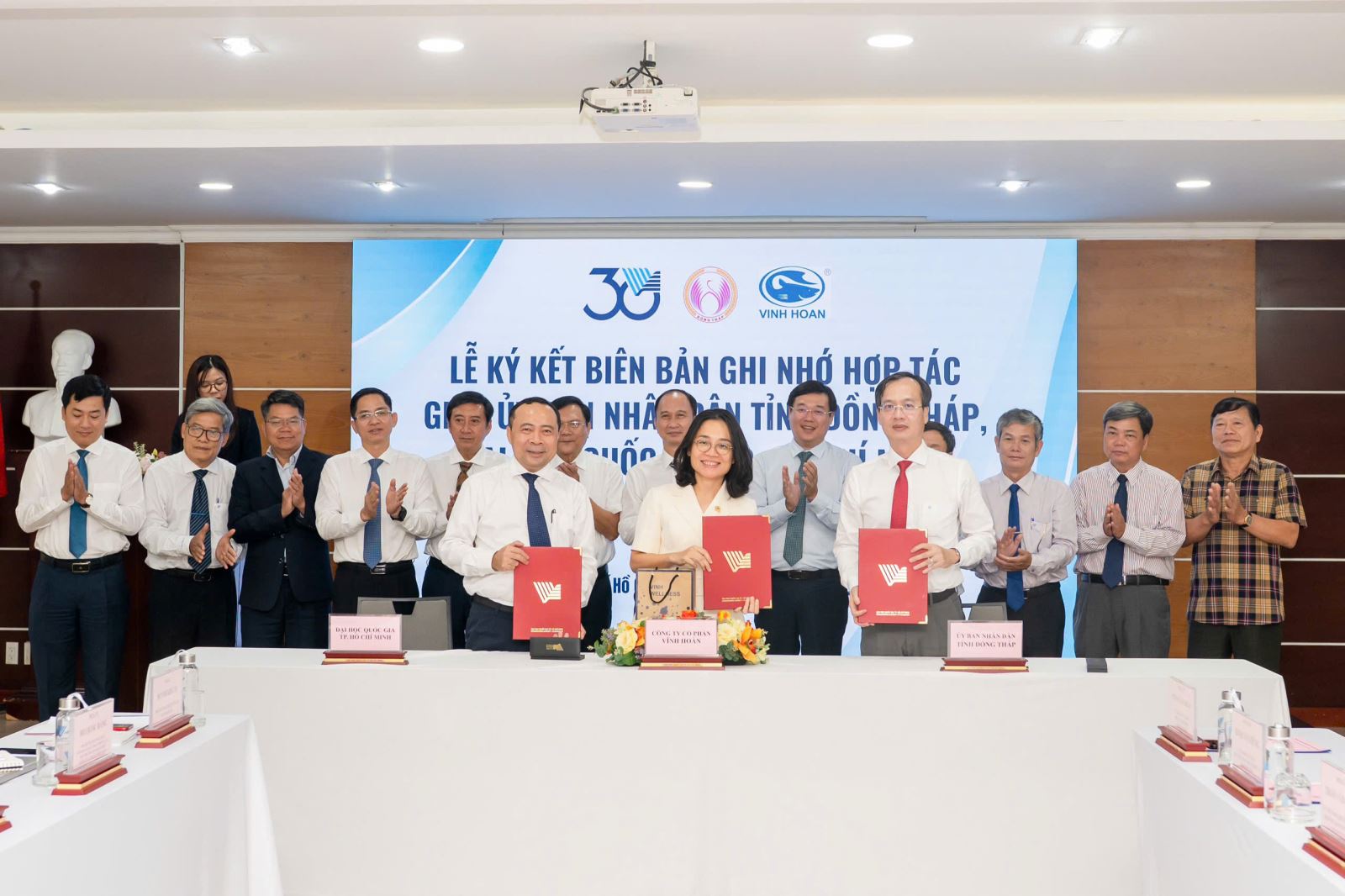
In particular, at the end of 2024, the Government issued an Action Program to implement Resolution 57 of the Politburo on breakthroughs in science and technology development, innovation and national digital transformation. VNU-HCM proactively promoted regional linkages with the Southeast and Southwest localities such as Ho Chi Minh City, Tay Ninh, Dong Thap, Long An , Dong Nai and Binh Thuan to effectively implement this Resolution.
According to Associate Professor Dr. Vu Hai Quan, Director of VNU-HCM, determining coordination with localities is the key factor to put Resolution No. 57 into practice and bring high efficiency. VNU-HCM has organized many seminars, working sessions with provinces, cities and businesses in the South, the initial results are very encouraging.
Specifically, in Ho Chi Minh City, the two sides coordinated to organize a workshop, agreed on strategic cooperation in science and technology, built an International Financial Center, developed smart universities and proposed policies to support the Gifted High School; with Dong Nai province, organized a policy consulting workshop, proposed green transformation solutions for industrial parks.
Similarly, VNU-HCM has also worked effectively with the provinces of Dong Nai, Tay Ninh, Long An, Ca Mau, Binh Thuan and Binh Phuoc to create specific solutions for each locality, from biotechnology in smart agriculture, waste treatment to infrastructure development, green energy and AI applications in management.
In Dong Thap, VNU-HCM cooperated to implement the "digital literacy" program, cooperated with 3 parties in agriculture, nature conservation and signed a cooperation agreement with businesses on circular economy.
At the signing ceremony, Mr. Le Quoc Phong, Secretary of the Dong Thap Provincial Party Committee, commented that the signing of cooperation between the locality and VNU-HCM in the fields of science and technology, digital transformation, and innovation is a great opportunity for Dong Thap province to maximize its potential and strengths. According to the orientation, by 2030, Dong Thap must become one of the leading provinces in the Mekong Delta region in developing ecological agriculture and building modern rural areas. Furthermore, by 2045, the locality aims to develop new economic sectors based on internal strength such as green economy, circular economy, and sustainable growth models. Accordingly, to realize these goals, Dong Thap really needs the accompaniment of VNU-HCM in promoting science and technology, digital transformation, and socio-economic development.
According to VNU-HCM, in the period of 2021 - 2025 alone, VNU-HCM has carried out 412 cooperation activities and programs with localities, making positive contributions to the socio-economic development of many localities. Projects and consulting programs in the fields of new rural areas, building agricultural value chains, tourism and craft village planning, history and culture have been successfully implemented, bringing great practical impacts to localities.
Promoting the "3-house" cooperation model
Along with local cooperation activities, VNU-HCM has also promoted and implemented cooperation activities with businesses and organizations. From 2021 to 2023, VNU-HCM has actively implemented promotion activities, expanded cooperative relations, signed cooperation agreements, memorandums of understanding, memorandums of understanding, and sponsorship agreements with businesses and organizations nationwide.
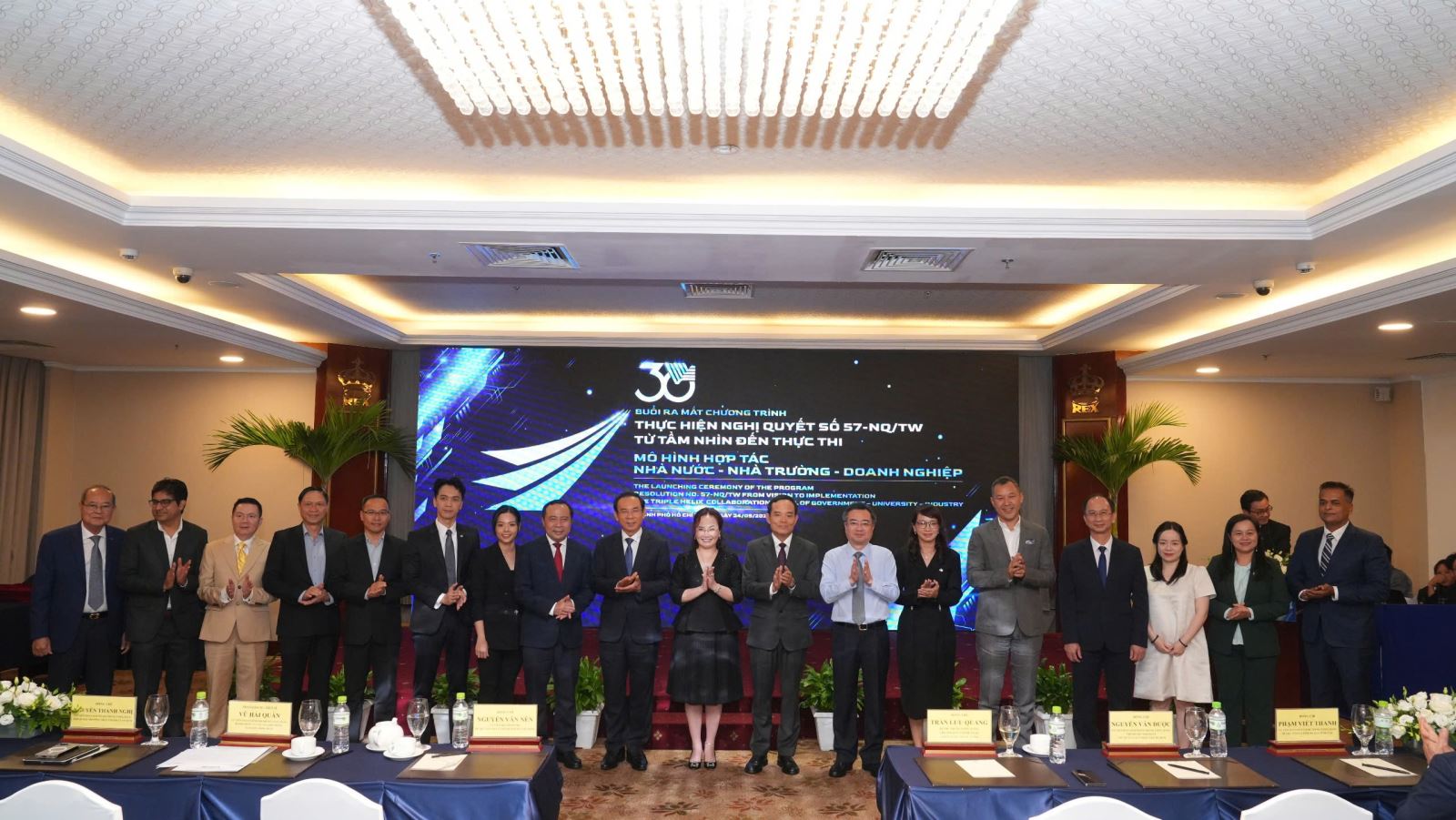
According to Associate Professor Dr. Vu Hai Quan, VNU-HCM has clearly oriented its strategy to connect with large technology corporations and leading enterprises in key areas such as semiconductor industry, artificial intelligence, digital transformation and high technology.
VNU-HCM has signed cooperation agreements with many large enterprises such as cooperation with Becamex IDC in developing high-quality human resources and scientific and technological research, especially in areas such as electronic microchips - semiconductors, industry 4.0 and smart city development. For VNG, it will cooperate to train at least 1,000 students through joint programs, and invest 25 billion VND to support research and incubation, commercialization of scientific and technological products; cooperate with Coteccons to promote sustainable development and digital transformation in the construction industry, research green materials, energy-saving technology, specialized training and propose social housing models. Cooperation also focuses on improving worker welfare and applying AI in design and construction.
In addition, the unit also signed cooperation agreements with other large enterprises such as CT Group, TTC AgriS, Tetra Pak Vietnam, Nestlé Vietnam, Suntory PepsiCo Vietnam, ACB Bank, DNA International Hospital and Sunwah Group. These cooperation agreements are all aimed at the common goal of promoting innovation, sustainability and breakthroughs of the country in the new era, through human resource training, technology transfer research, digital transformation application and building effective "3-house" policies.
Previously, at the launching ceremony of the Program “Resolution No. 57-NQ/TW: From vision to implementation of the State-school-enterprise cooperation model”, Mr. Pham Phu Ngoc Trai, Chairman of the Vietnam Packaging Recycling Alliance - PRO Vietnam, said that VNU-HCM has initiated a practical and effective initiative so that higher education institutions can develop knowledge, create an ideal business environment for enterprises and contribute to the sustainable and autonomous development of Vietnam.
According to Mr. Pham Phu Ngoc Trai, in the past, the cooperation between the state, schools and businesses still faced many difficulties such as formal connections, lack of strategic trust and coordination mechanisms. In addition, the cooperation still did not have a strong enough institution. However, up to now, the launching ceremony organized by VNU-HCM is a concrete demonstration of trust between the parties, towards a common goal. The program left its mark, becoming the basis for implementing future cooperation activities for a self-reliant, self-reliant, and confident Vietnam going into the future.
To effectively cooperate with the “three houses”, Mr. Pham Phu Ngoc Trai proposed that the parties participate in designing training - research - application programs; developing open platforms, laboratories, and labs; piloting sandboxes for new ideas, solutions and approaches in the fields of AI, semiconductors, and digital finance, along with encouraging innovation. In addition, the parties need to agree to establish an inter-regional coordination board to connect provinces and cities, gather businesses and key universities, and avoid overlapping research.
According to Associate Professor Dr. Vu Hai Quan, the “three-house” cooperation must have common operating principles including: co-design, co-implementation, and co-sharing. When businesses, universities, and governments sit together, participate in solving big problems, and share risks, they will achieve the goal of making Vietnam a developed, high-income country by 2045.
Source: https://doanhnghiepvn.vn/cong-nghe/dai-hoc-quoc-gia-tp-ho-chi-minh-dong-hanh-voi-dia-phuong-thuc-hien-hieu-qua-nghi-quyet-57/20250701084118918


![[Photo] Hanoi morning of October 1: Prolonged flooding, people wade to work](https://vphoto.vietnam.vn/thumb/1200x675/vietnam/resource/IMAGE/2025/10/1/189be28938e3493fa26b2938efa2059e)





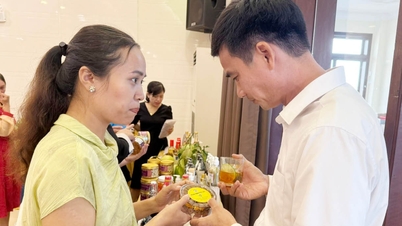

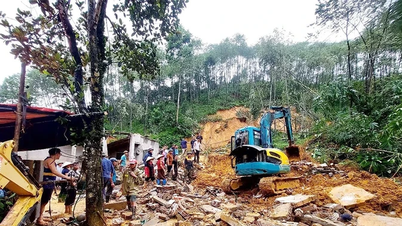

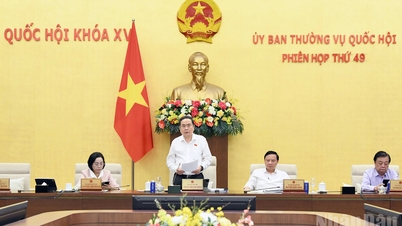

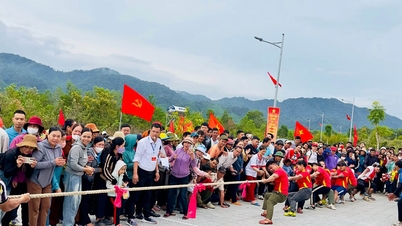
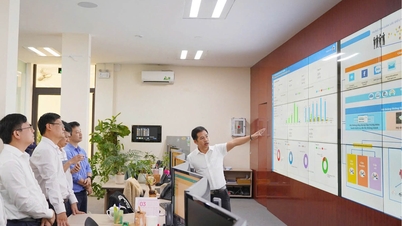





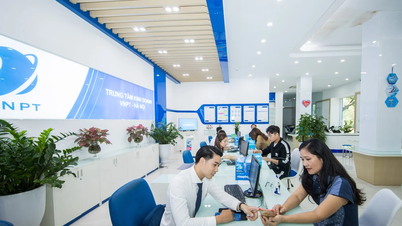

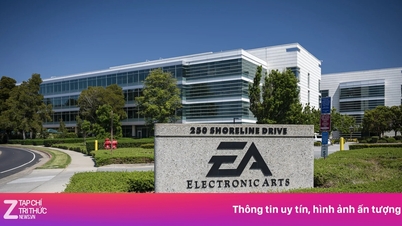









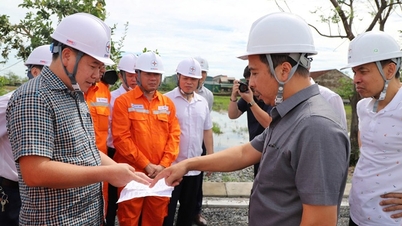
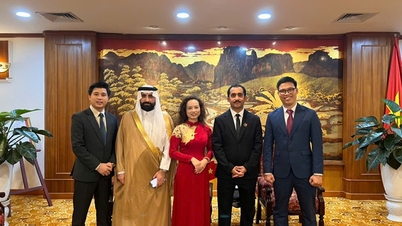
![[Photo] The 1st Congress of Phu Tho Provincial Party Committee, term 2025-2030](https://vphoto.vietnam.vn/thumb/1200x675/vietnam/resource/IMAGE/2025/9/30/1507da06216649bba8a1ce6251816820)
![[Photo] President Luong Cuong receives President of the Cuban National Assembly Esteban Lazo Hernandez](https://vphoto.vietnam.vn/thumb/1200x675/vietnam/resource/IMAGE/2025/9/30/4d38932911c24f6ea1936252bd5427fa)
![[Photo] Panorama of the cable-stayed bridge, the final bottleneck of the Ben Luc-Long Thanh expressway](https://vphoto.vietnam.vn/thumb/1200x675/vietnam/resource/IMAGE/2025/9/30/391fdf21025541d6b2f092e49a17243f)



















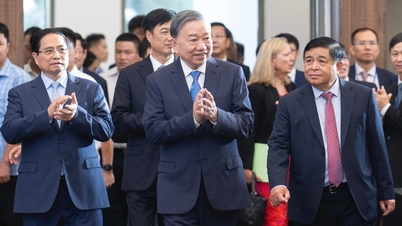
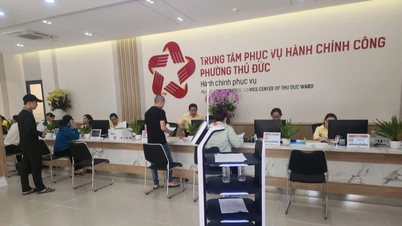
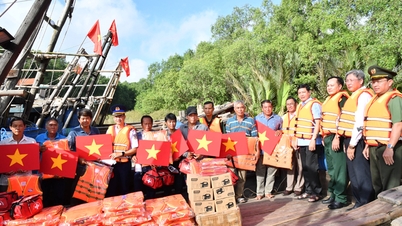
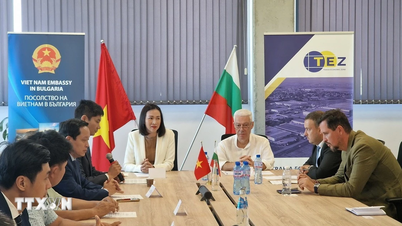
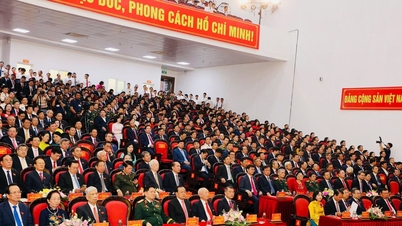

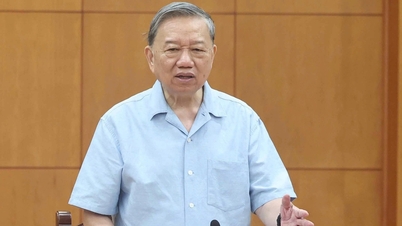


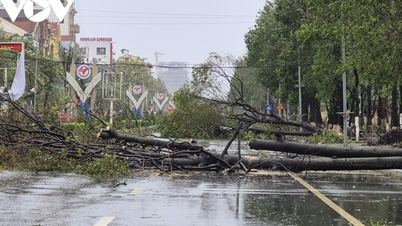
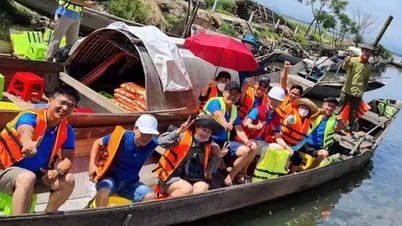
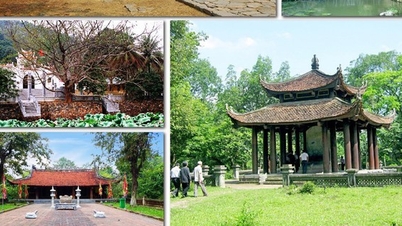
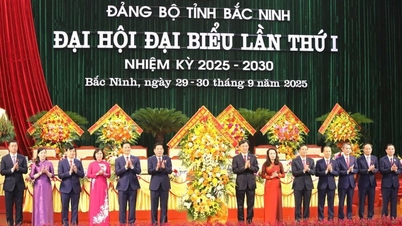

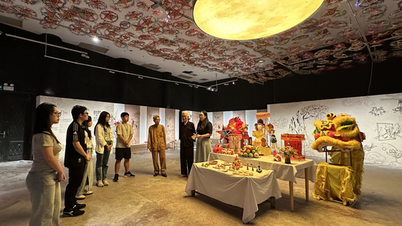
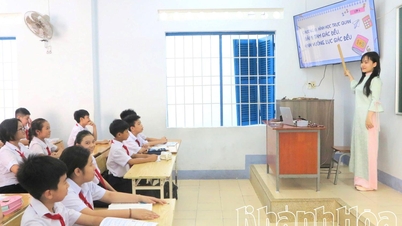

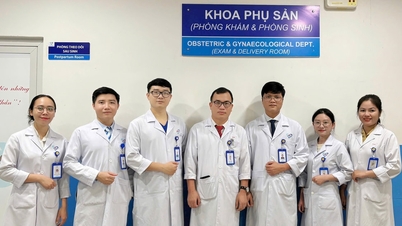



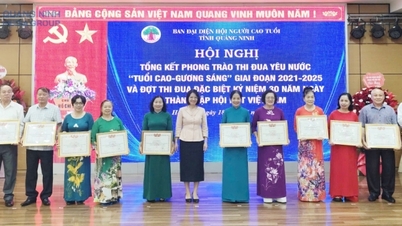



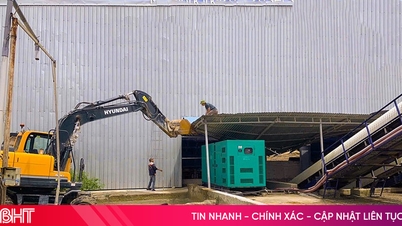















Comment (0)